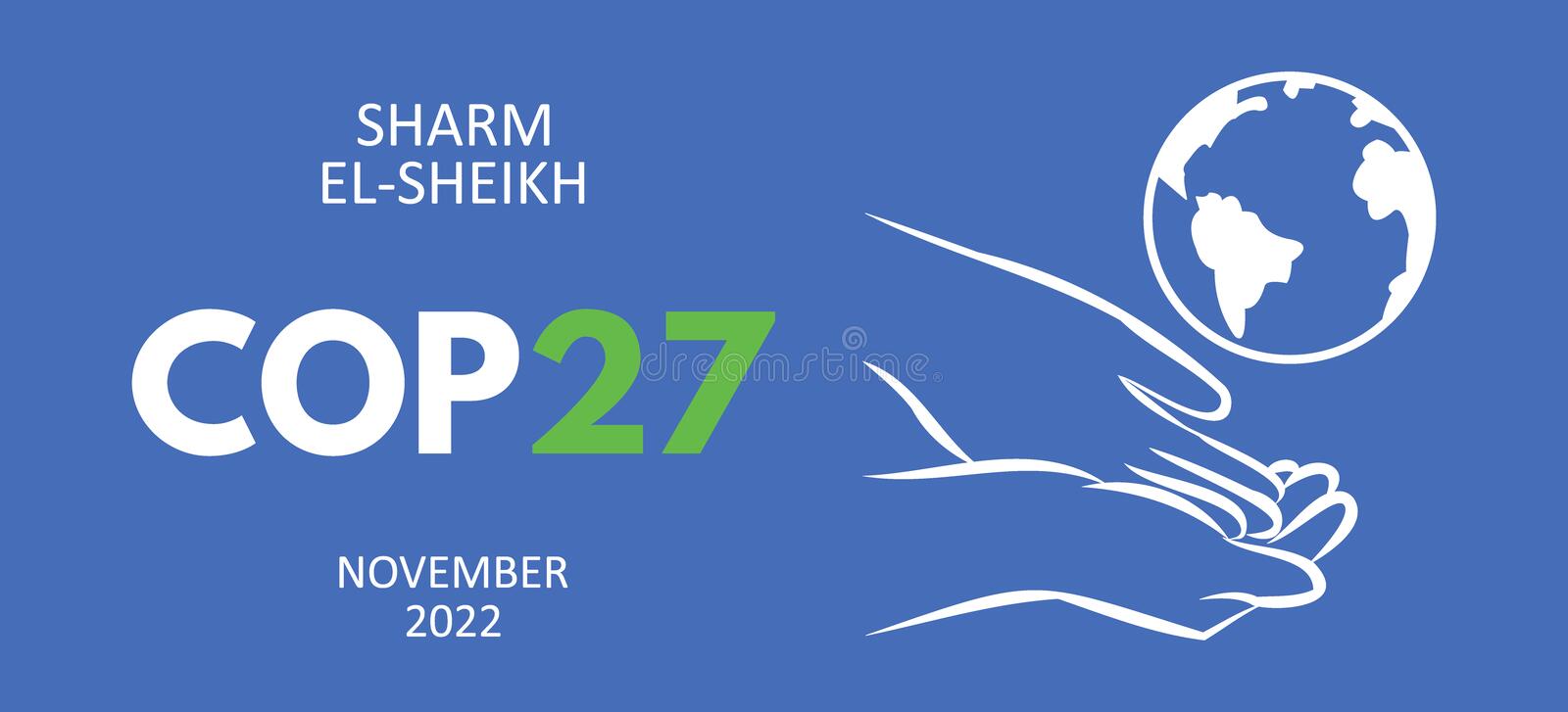The 56th session of the UNFCCC Subsidiary Body for Scientific and Technological Advice (SBSTA) and the Subsidiary Body for Implementation (SBI) has presented opportunities and set out clear expectations and prepared key deliverables for Sharm el-Sheikh so that all the layout expectations from the SB56 will be clearer for negotiators and decision-makers in Egypt in November 2022.
The UN Bonn Climate Change Conference (SB56), which started two weeks ago has just ended on June 16 2022 against the backdrop of intersecting crises: an ongoing pandemic, an inhumane war and a looming food emergency.
- Congressmen won’t allow Pinick’s normalisation plot – Mouktar
- 2023: Crisis in Kano PDP threatens Atiku’s chances
Building on the many mandates that emerged from the UN Climate Change Conference (COP26) in Glasgow, United Kingdom last year, discussions took place on a range of important topics, including the need for more ambitious climate action, deeper cuts in greenhouse gas emissions, enhanced resilience to adapt to the effects of climate change and financial support for developing countries.
The Bonn Climate Change Conference has been the first opportunity for all Parties to the UNFCCC to meet since the adoption of the Glasgow Climate Pact at COP26 last year. In Glasgow, governments agreed a package of decisions that paved the way for the full implementation of the Paris Agreement.
The recent IPCC reports have dramatically shown how harshly the climate crisis is hitting the most vulnerable, that adaptation needs to be scaled all major emitters, therefore, rich countries can no longer deny the need to address climate crisis and they must be ready to deliver at COP27 in Egypt this year.
The major focus of this year’s UN Bonn Climate Change Conference is SCIENCE. It is vital that the reports presented by the IPCC, as well as the science-policy interface, are reflected and that negotiators heed the call on the urgency of the climate challenge. We have seen some good progress here in Bonn. But governments need to more urgently act on the stark warnings we have been hearing. So at COP27, progress needs to be demonstrated clearly and convincingly, along with the alignment of financial flows with the objectives of the Paris Agreement.
The outcome of COP 26 in Glasgow shows that countries agreed to call out coal, double adaptation finance and finalise rules for carbon trading, in a bid to ‘keep 1.5oC alive. The delegates forged agreements that strengthened ambition in the three pillars of collective climate action.
Parties established a work programme to define the global goal on adaptation, which will identify collective needs and solutions to the climate crisis already affecting many countries. The Santiago Network was further strengthened by elaborating its functions in support of countries to address and manage loss and damage. The call to at least double finance for adaptation was welcomed by the Parties. The duty to fulfill the pledge of providing $100 billion annually from developed to developing countries was also reaffirmed and a process to define the new global goal on finance was launched.
Regarding mitigation, the persistent gap in emissions has been clearly identified and Parties collectively agreed to work to reduce that gap and to ensure that the world continues to advance during the present decade, so that the rise in the average temperature is limited to 1.5 degrees. Parties are encouraged to strengthen their emissions reductions and to align their national climate action pledges with the Paris Agreement.
So also, a key outcome is the conclusion of the so-called Paris rulebook. An agreement was reached on the fundamental norms related to Article 6 on carbon markets, which will make the Paris Agreement fully operational. This will give certainty and predictability to both market and non-market approaches in support of mitigation as well as adaptation. While COP 26 didn’t deliver the full range of ambition needed to address climate change, it did provide many of the building blocks for future action. The Glasgow Climate Pact is the first ever climate deal to explicitly plan to reduce coal, the worst fossil fuel for greenhouse gases. The deal also presses for more urgent emission cuts and promises more money for developing countries – to help them adapt to climate impacts. But the pledges don’t go far enough to limit temperature rise to 1.5°C.
The Glasgow Climate Pact, adopted by almost 200 countries after two intense weeks of negotiations, will not radically alter the global landscape on climate change. It does provide important advances, however. For starters, it recognizes the global climate emergency, citing recent IPCC findings. It expresses “alarm and utmost concern that human activities have caused around 1.1°C of global warming to date and that impacts are already being felt in every region.” Parties also recognise that the impacts of climate change will be much lower at a 1.5°C rise compared with 2°C, and resolved to pursue efforts to keep to 1.5°C.
The Pact significantly ramps up the call for greater action and financing for adaptation. It urges developed countries to at least double their collective climate finance for adaptation in developing countries from 2019 levels by 2025, to ensure a balance between adaptation and mitigation. It calls on multilateral development banks, other financial institutions and the private sector to enhance finance mobilisation to deliver the scale of resources needed to achieve climate plans.
In order to ensure effective participation and excellent outcome in the upcoming COP 27 in Egypt in 2022, the Nigerian government needs to prepare early and adequately in the area of post-COP 26 and post-SB56 training workshop and development of key climate actions that will enhance the implementation of NDC aspect from the Paris Agreement and also develop an elaborate UNFCCC COP’s book containing success stories.
By Professor Idris who is the Dean, Faculty of Environmental Science, Nasarawa State University Keffi

 Join Daily Trust WhatsApp Community For Quick Access To News and Happenings Around You.
Join Daily Trust WhatsApp Community For Quick Access To News and Happenings Around You.


